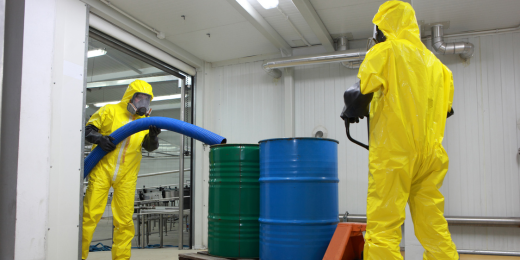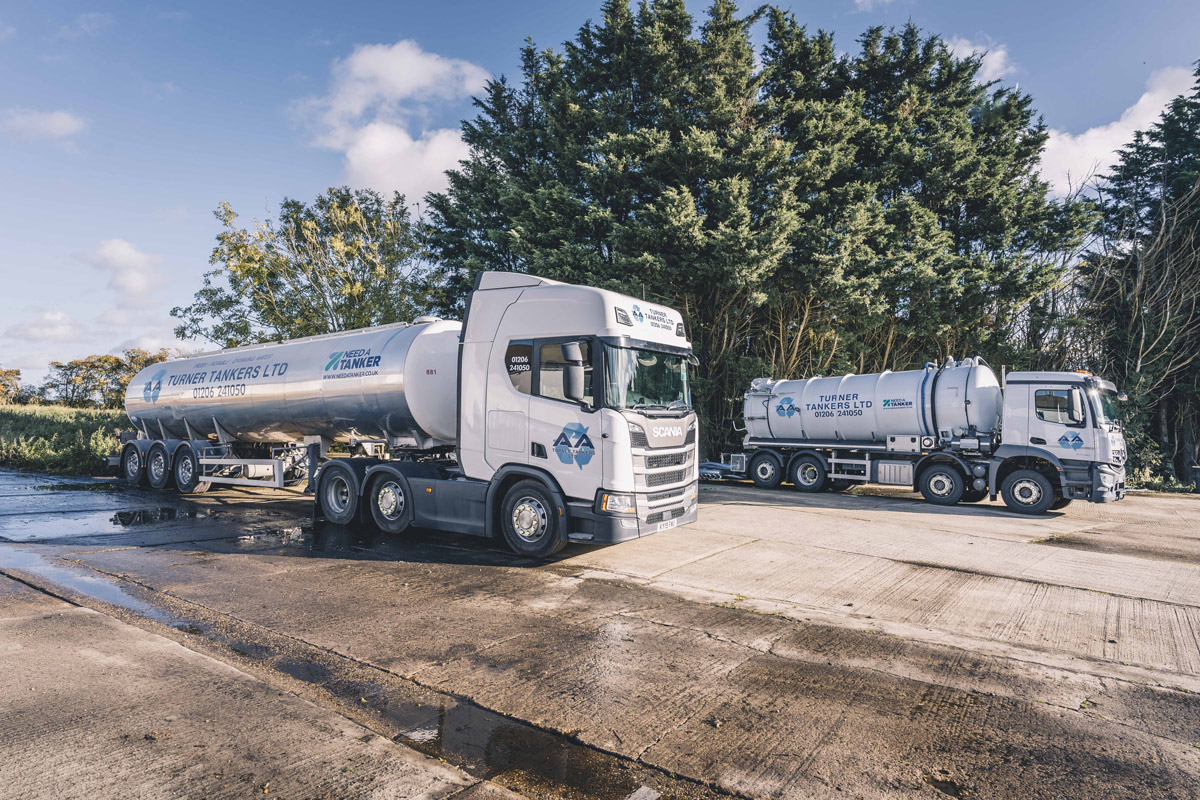Reclaim Waste - An Overview
Reclaim Waste - An Overview
Blog Article
How Reclaim Waste can Save You Time, Stress, and Money.
Table of Contents3 Easy Facts About Reclaim Waste ExplainedReclaim Waste Fundamentals ExplainedThe Best Strategy To Use For Reclaim WasteReclaim Waste Fundamentals ExplainedUnknown Facts About Reclaim Waste
Explore the types, events, and kinds of liquid waste. Residential sewer waste describes the waste and products from a residential septic container. This type of waste is created by human beings in houses, colleges, and other structures. This only consists of sewage-disposal tanks that have a drain area. The appropriate management and disposal of residential sewer waste require fluid waste to be transferred to a sewer treatment plant where the correct techniques and devices are applied to detoxify and dispose of waste.
Industrial waste typically consists of potential hazards, such as combustible products or a mix of fluid and solid waste products, and needs an advanced and comprehensive disposal procedure. The disposal of commercial waste normally involves the filtering of waste prior to transport to ensure risk-free and correct disposal. Industrial waste is created from by-products and drainage of commercial procedures and production.
This type of waste can not utilize the very same sewage administration transportation or processes as septic or business fluids. The industrial waste monitoring process requires the inspection and screening of fluid waste prior to it goes through the disposal procedure (liquid waste disposal melbourne). Runoff waste is the liquid waste that comes from runoff and excess stormwater in highly inhabited areas or cities
Overflow waste can create contamination and flooding if not managed correctly. Learn extra about sewage system cleansing and waste monitoring. Ensuring appropriate waste monitoring can stop catastrophes and lower environmental harm. Both people in household setups and experts in business or manufacturing markets can gain from recognizing the procedures and policies of liquid waste administration.
Little Known Questions About Reclaim Waste.
Call PROS Providers today to find out about our waste administration and disposal solutions and the appropriate methods to care for the liquid waste you create.
(https://www.ted.com/profiles/48198485/about)This so-called 'wastewater' is not only a vital resource yet, after treatment, will be released to our land, rivers or the ocean. Made use of water from commodes, showers, baths, kitchen area sinks, washings and commercial processes is recognized as wastewater.

water used to cool down machinery or tidy plant and equipment). Stormwater, a type of wastewater, is runoff that moves from agricultural and metropolitan locations such as roof coverings, parks, gardens, roadways, courses and rain gutters right into stormwater drains, after rain. Stormwater streams neglected straight to neighborhood creeks or rivers, at some point reaching the ocean.
The Ultimate Guide To Reclaim Waste
In Queensland, a lot of wastewater is dealt with at sewer therapy plants. Wastewater is moved from residential or industrial websites via a system of sewage systems and pump terminals, recognized as sewage reticulation, to a sewage treatment plant.
The Department of Natural Resources encourages city governments concerning handling, operating and preserving sewage systems and therapy plants. In unsewered areas, city governments may require owners to install private or family sewer treatment systems to treat residential wastewater from commodes, cooking areas, restrooms and laundries. The Division of Natural Resources authorizes making use of home systems when they are shown to be effective.
Many stormwater receives no therapy. In some new class, treatment of some stormwater to get rid of trash, sand and gravel has begun utilizing gross toxin catches. Wastewater therapy happens in four phases: Eliminates strong matter. Larger solids, such as plastics and other objects mistakenly discharged to sewers, are removed when wastewater is gone through screens.
Makes use of tiny living organisms recognizes as micro-organisms to damage down and remove remaining dissolved wastes and great particles. Micro-organisms and wastes are integrated in the sludge.
More About Reclaim Waste
Nutrient elimination is not readily available at all sewage therapy plants due to the fact that it calls for pricey specialist devices. It is ending up being extra usual in Queensland. Clear liquid effluent produced after treatment might still include disease-causing micro-organisms. If this effluent is released into waterways such as rivers or the sea, the micro-organisms will ultimately die out.

A lot of wastewater flows right into the sewerage system. Under the Act, local governments carry out approvals and licences for environmentally appropriate tasks (Ages) involving wastewater launches that might have a regional effect.
Excitement About Reclaim Waste
Or else, examples are considered lab analysis. Usually lots of examinations are required to establish the degrees of each of the various toxins such as oils, heavy steels and chemicals in water. Surveillance provides valid details about water quality and can confirm that licence conditions are being satisfied. The details obtained with tracking supplies the basis for making water find more top quality choices.
Report this page